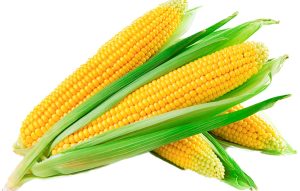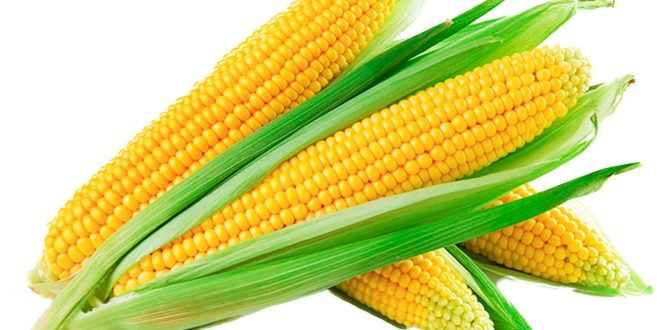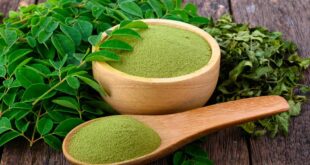Corn, also known as maize, is a versatile grain that can be enjoyed in many forms. But beyond its delicious taste, corn offers a surprising number of health benefits. Here are a few of the key ways corn can contribute to a healthy diet:
Promotes Eye Health: Yellow corn is a good source of lutein and zeaxanthin, two antioxidants that are important for eye health. These antioxidants may help protect against age-related macular degeneration and cataracts.
Aids Digestion: Corn is a good source of fiber, both soluble and insoluble. Fiber helps to keep your digestive system running smoothly by adding bulk to stool and promoting regularity.

Provides Essential Nutrients: Corn is a good source of several vitamins and minerals, including vitamin C, B vitamins, potassium, and magnesium. These nutrients are essential for many bodily functions, including energy production, muscle function, and nerve function.

May Help Manage Blood Sugar: While corn does contain carbohydrates, it has a lower glycemic index than some other starchy foods. This means that it is less likely to cause a spike in blood sugar levels.
Gluten-Free Option: Corn is naturally gluten-free, making it a good choice for people with celiac disease or gluten sensitivity.
It’s important to note that these health benefits are primarily associated with whole-grain corn products, such as popcorn, sweet corn, and corn on the cob. Refined corn products, such as cornmeal, corn syrup, and corn chips, have been stripped of much of their fiber and nutrients.
So, the next time you’re looking for a healthy and delicious grain option, consider adding some corn to your diet.
 Gistfox Your News Window To The World
Gistfox Your News Window To The World 




